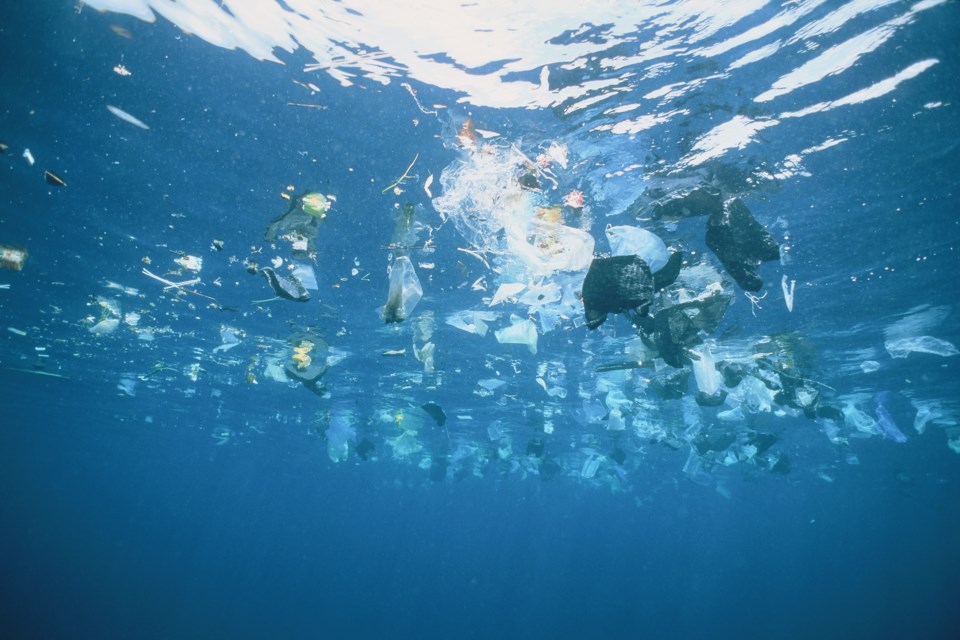Mr. Ladner’s Aug. 18 letter in Pique, (“Plastic isn’t the real problem”) asserts that we should not be addressing the plastics issue in favour of action on climate. However, we are facing multiple environmental issues, foremost of which are the biodiversity and climate crises. These both reflect the main problem—our society’s overconsumption of the Earth’s resources. We need to be addressing this root cause of overconsumption to be able to maintain a habitable planet.
Single-use plastics may seem like a small piece of the puzzle, but consider that there has been a growing transition to more and more of these plastics away from reusables or other more easily recycled materials like glass. And for what? We use them for a very short time, but they have a larger footprint than we think.
Ninety-nine per cent of plastics are made of fossil fuels. Plastic packaging currently accounts for 17 per cent of petrochemical production globally, and the oil/fossil-fuel industry is planning to triple its production by 2060. This is how these companies are planning on continuing extraction levels as people transition from gasoline-powered cars to electric vehicles. It is also why Imperial Oil (along with Dow Chemicals, Nova Chemical, American Chemistry Council and others) is part of the lawsuit against the Canadian government for its actions to tackle the burgeoning plastics problem.
While we have been trained to only look at the scope of greenhouse gases (GHGs) that we generate locally, for effective change we really need to be thinking about what GHGs are created elsewhere on our behalf to provide us with all the food and materials we consume. Through that lens, we have a long way to go—45 per cent of GHGs come from the way we make and use things (including food), according to the Ellen MacArthur Foundation.
Not only that, but microplastics are showing up everywhere (our lungs, our blood, rain, soil, food) and plastics represent a source of exposure to hazardous chemicals such as PFAS, bisphenols and plasticizers—so human and environmental health is another reason to focus on minimizing their use.
We need to be seeking solutions that resolve multiple symptoms of overconsumption. The more that Canadians can support the upcoming Global Plastics Treaty negotiations (which Canada will be hosting) and push for a strong system to reduce plastic use and pollution, the better off we, and the planet, will be.




